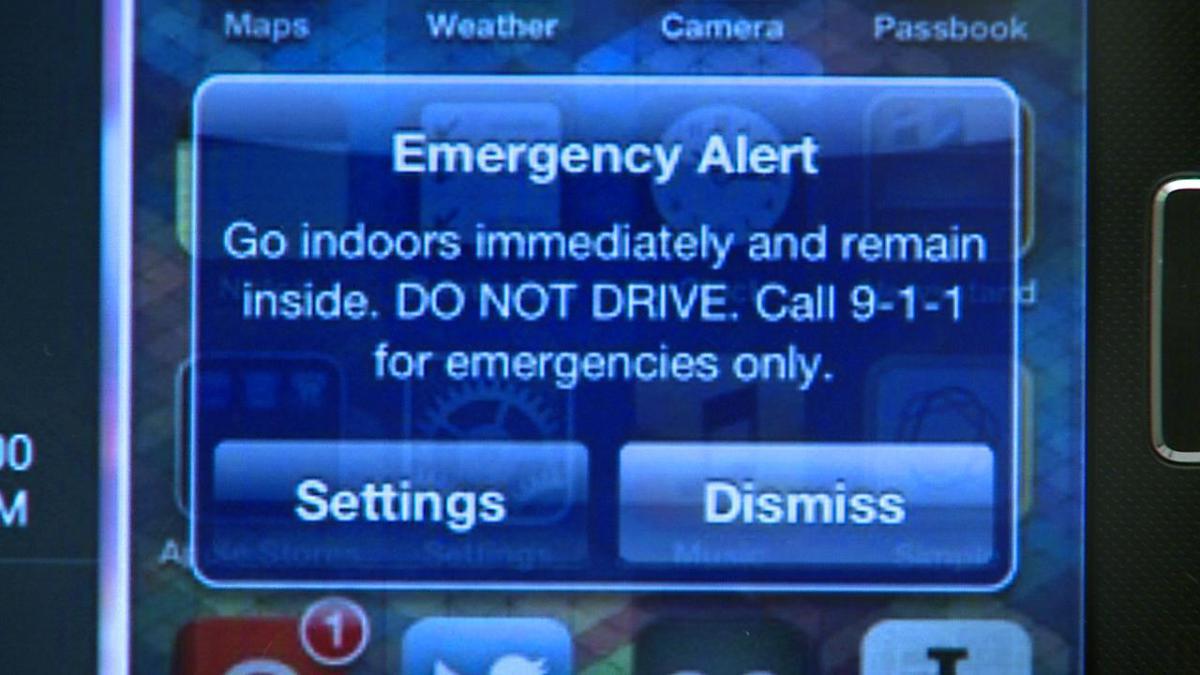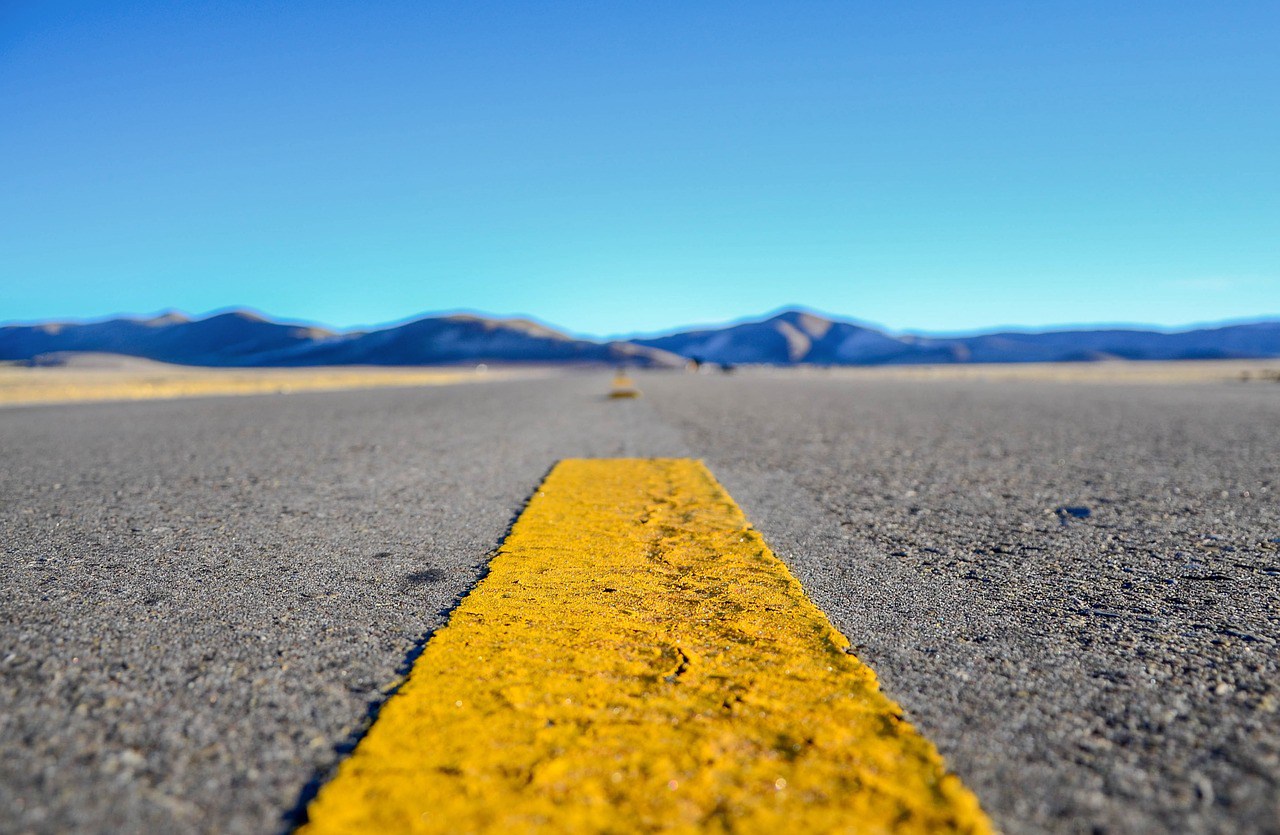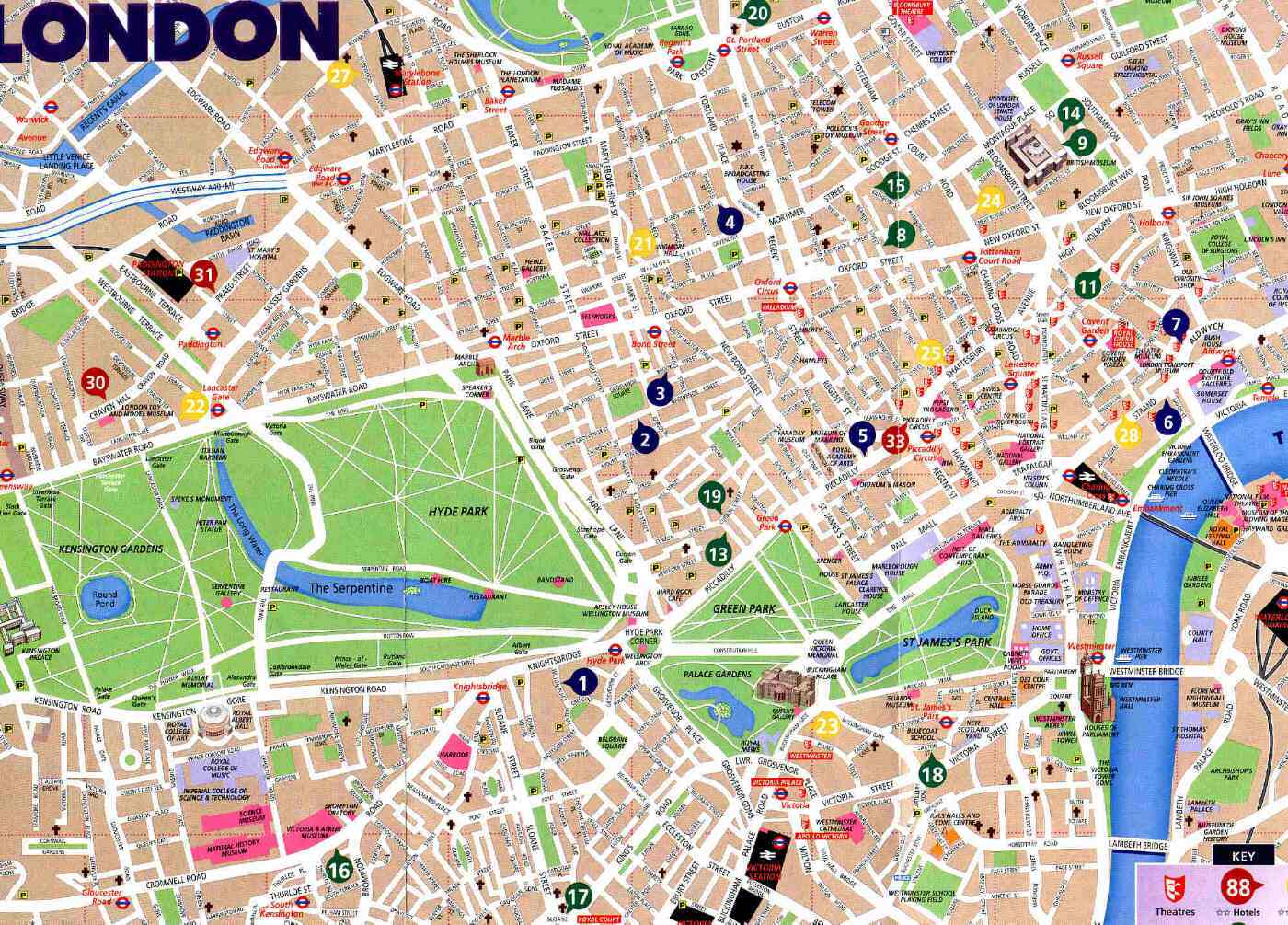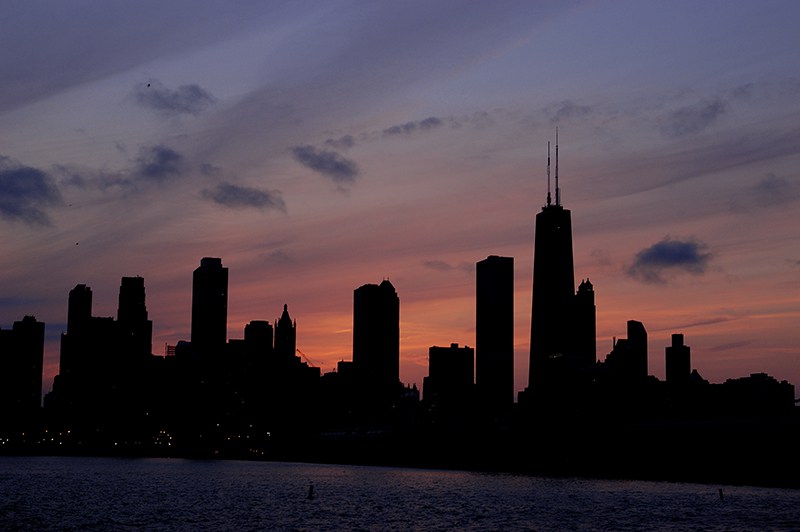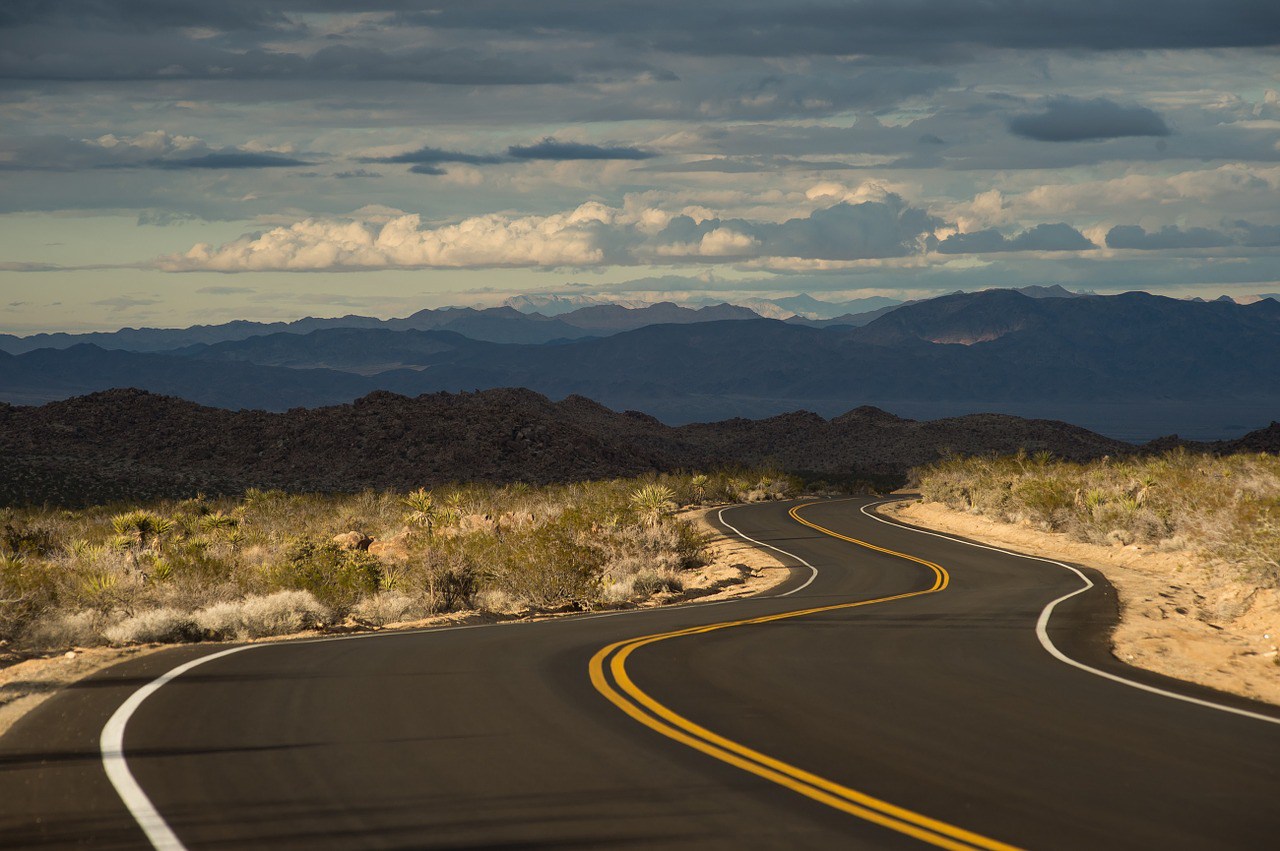
Imagine it’s 1:15 on a Thursday afternoon. You and some friends at work have recently returned from lunch and you are settling back into work. As you are going about your daily responsibilities, the Emergency Broadcast System starts to blare over a coworker’s radio. Normally you would ignore this, but you also get an Emergency alert message on your smartphone. Funny, you could swear you had disabled those but it says that there has been a terrorist attack in Los Angeles and urges calm and promises more information soon. You start walking out of your office towards the break-room and notice everyone crowded around the TV when the power goes out. Looking down, you notice your phone isn’t working either.
Making for the nearest window, you notice that vehicles on the road have stopped, seemingly right in their tracks. Could this be an EMP? Not wanting to overreact, you take the stairs and walk out to the parking lot. You try your key fob but that doesn’t work either so you use your key. A quick check of the ignition and you realize your car isn’t going anywhere either. Slowly your co-workers validate the same with their cars and you start looking at the possibility that you will have to walk back home. Unfortunately for you, you work 72 miles away from home.
It’s one of the more common problems us preppers try to figure out. What is the best way home as quickly and safely as possible when SHTF and you are far away? I had a reader ask me the following question:
My husband works 75 miles from home. My greatest fear is that disaster or SHTF will happen while he is at work. I would like to start planning for how he might get home, but don’t know how to begin figuring out what is the best route. Most posts (here and elsewhere) on the subject are about get home bags and what equipment to have with you, but not so much about planning the actual route, other than to stay off major highways. Would like to hear the pros and cons of sticking to roadways, crossing private property, what type of maps to consult, etc. – Zendelle
I always appreciate questions from our readers and I will try to give my thoughts about this subject as I have considered this myself. So without any further ado…
What is the best way home during a SHTF event?
There are so many factors that come into play when you are talking about a situation like this. How far away are you? What is the weather like? What region will you be traveling through? Are you in an urban environment or rural? What type of shape are you in? Do you have other people, like children you have to consider? Are your two youngest in school or daycare? What type of clothing and footwear are you wearing? What time of day are you starting out?
Each person is unique and our situations are also unique so there are no firm and set rules for anything but I have given this some thought. At one point in my life I commuted 90 minutes each way to work. It was 77 miles’ door to door and getting home in that type of scenario I mentioned above would be no picnic for anyone. To be really prepared, you have to imagine walking home in the heat of summer or the bitter cold of winter.
For this hypothetical, we will assume that there really has been some type of national catastrophe. Maybe an EMP attack from a rogue nation or terrorist cell has disrupted all modern electrical appliances. Virtually everything electric has shut down and you have precious little time, a couple of days tops to make it back home to your family before the chaos really starts.
To be really prepared, you have to imagine walking home in the heat of summer or the bitter cold of winter.
Before you take the first step: What gear do you need to consider?
I know our reader mentioned that most people only talk about Get Home Bags when this topic comes up but it is worth spending a few sentences here on how best to equip yourself before this even happens.
- Get Home Bag – Having a get home bag in your car will be an important step in the right direction so to speak. I won’t get into what you should pack in your get home bag, but we do cover all of that in several articles on the subject. You can read our post about putting together your Get Home Bag.
- Proper Footwear – Flip flops belong at the pool people! My children are guilty of this too, but if you are forced to walk home, what are you going to wish you had on your feet? Sturdy footwear like hiking boots or at least good athletic shoes should be one consideration.
- Dress for the elements – Dress like you will be spending all day outside not sitting in a cubicle. Regardless of the season, have appropriate clothing on that will protect you from the elements, especially if you are going to be further than an hour’s walking time from home.
- Food/Water/Shelter – You should have at a minimum, a container that will hold water, a way to filter water, some form of emergency shelter and food. You don’t need a four-course meal to survive, but something to keep your energy up. Think power bars or protein bars. Survival rations work too and won’t go bad in the car.
- Protection – Do you have some protection from two-legged animals? I always have a personal firearm, but Tasers and bear spray are options too that are better than nothing.
- Maps – And the knowledge of how to read them. These can be simple street maps, you don’t have to have topo maps of the entire region. You can grab the road atlas out of your car before you head out.
Planning your route and the alternate route home
For the commuter who drives to work, I would imagine that each of you have already mapped out the most efficient route to your place of business that you use virtually every single day. We get into a routine because we found a way that works. It’s usually the most direct, fastest way to get where you need to go. I even go into autopilot some days on the weekend and start driving my work route even when I am not going that direction. These habits can be a good thing in one respect.
each of you have already mapped out the most efficient route to your place of business that you use virtually every single day
Commuters who use trains or buses follow a similar route. The trains go into central spokes normally that would mimic a commute via car. None of us should really worry about the normal route we take back home as long as we know the roads we would take if public or personal transportation was down. With few exceptions, the highway system is going to be the quickest way we can get back to our home city. Highways level out hills and go around natural obstacles. However, what if the route you normally follow has been blocked? What if you travel through less savory parts of town that you wouldn’t normally want to be walking down the street?
Identify your primary, secondary and tertiary routes home – In my case, working 77 miles from home, I was likely looking at 2 to 3 days of hiking to make it back assuming I did not encounter anything that made me need to alter my course. Most of my commute was interstate highway so I would have simply followed that route. However, if that didn’t work out, I could cut back on a smaller highway that would have taken me on a much more rural track to the South back home.
Depending on how people were reacting you could run into rioting or looting in some areas. I would have been walking on the highway through several major population centers that might be best avoided. I don’t think I would ever cut across someone’s property unless there were strong benefits and low risks that I perceived from doing so. Going cross-country, without the benefit of a road can slow you down and may even bring on injury more quickly as you could have to navigate natural obstacles like streams, dense underbrush, rocks, etc. The last thing you want to do is injure your self and make walking more difficult or even impossible while you try to shave 20 minutes off your trip.
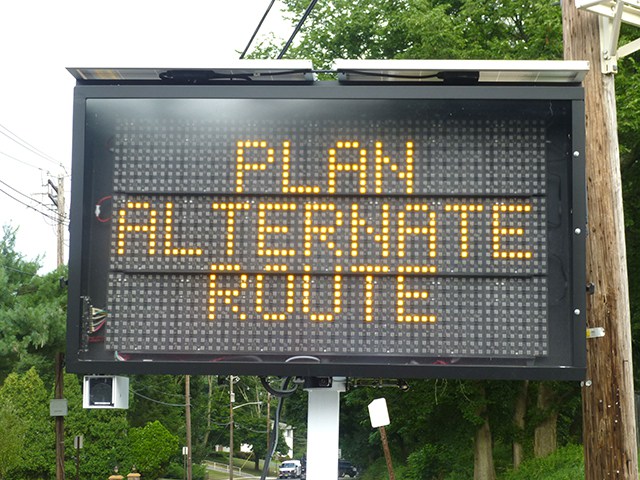
Having more than one route back home can help you avoid dangerous areas.
Rather than having a specific route I am taking, I would consult the maps I store in my car to decide which ways I would alternate if needed. I would go to the south of the major urban areas if I sensed any danger but I would still be staying on paved roads that were common thoroughfares.
Pros and Cons of various routes
In the example above, does your normal route take you through urban areas you would rather avoid? Has the disaster already started to make people act irrationally? I think that most of us even in the scenario I described above will be able to count on average people thinking that nothing is wrong. The power will come back on because it always does. Food will still be available and there will still be items on store shelves. You should be home way ahead of any actual panic, but sometimes it’s better to be safe than sorry with your route. I don’t think anyone would be barricading streets the first or even third day after the lights go out.
Are you carrying three days’ worth of water on you or are their sources you can tap into along the way. Assuming you have cash on hand you will likely be able to purchase it from stores who are likely still in operation as the Normalcy bias takes over for most.
What factors do the weather play?
Adverse weather could seriously impede your progress. Walking on snow or ice or even extreme heat would sap your energy and could cause injuries. You first have to plan for those extremes if they are common to your area.
If you are facing a walk home and you live in the deserts of the Southwest, you could be forced to walk only at night when the temperatures are cooler and find shade to rest during the day. You understand the weather factors that could influence a trip like this so you have to plan accordingly.
For most of us, walking home is not incredibly difficult with a decent fitness level and some simple preparation. We may never be forced to use our get home bags, but it makes sense to prepare now like we do. You will be more able to react quickly and make the right decisions if you do.


